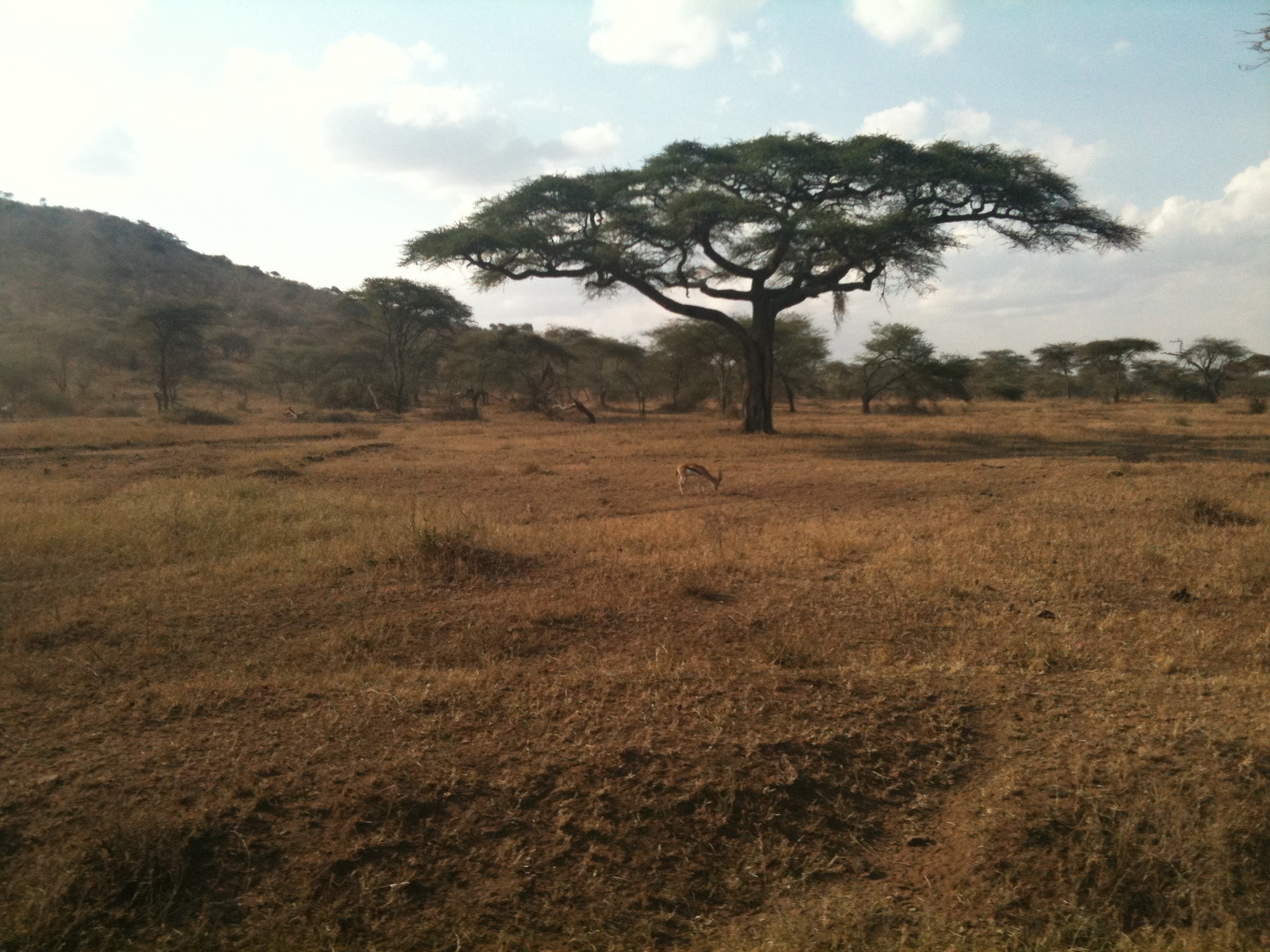AfricaPress-Tanzania: TANZANIANS’ Climatic Changes and environment preservation knowledge have increased promising a better future in preserving nature.
That was said in Dar es Salaam yesterday by University of Dar es Salaam (UDSM) Lecturer, Dr Edmund Mabhuye in an exclusive interview with the ‘Daily News,’ adding that further efforts are being made to ensure majority become conversant with best ways to protect environment in their respective areas.
Dr Mabhuye, who is a research fellow and consultant at the institution’s Institute of Resources Assessment, said studies show there are good signs as impacts of climatic changes in the country, noting that more efforts are still needed to ensure the achievements are sustained.
The don said the involvement of the public on environmental preservation has helped much in bringing positive changes, and in turn enable the government and stakeholders to enforce pertaining laws and principles with ease.
He said effects of climatic changes in most of countries are observed through changes in their rain seasons and the amount of rain, adding: “In some areas there is little rain or delay of the rain season, while in others there is too much rain, and all these tell us something positive.”
On Mountain Kilimanjaro weather change, Dr Mabhuye said vanishing glaciers have become an ‘icon’ of global warming, which draw different views from scholars and other proponents balancing it that ice is either melting or rebuilding.
He said some studies show that its ice is decreasing depending on when one notices it during any winter or summer seasons.
However, the expert said there is a need to preserve the environment and the ice on its peak, otherwise it will melt and evaporate.
In a related development, Dr Mabhuye noted that studies show that at least 412,000 hectares of forests are being destroyed across the country every year.
However, the don was of the opinion that with the ongoing efforts to preserve environment things will change for the better.
“We are now witnessing many strategies on preserving the environment, protecting wildlife and many others being applied by the government, I believe, with this trend, things will soon be better,” he added.
On poaching and invasion of preserved areas, the don asked every Tanzanian to be responsible in preserving the wildlife and environment.
Earlier, it was reported last year that Elephants and Rhinos’ populations had stabilised after the government mounted a crackdown against organised criminal networks involved in the crime for trade purposes.
The elephant population in Tanzania shrank from 110,000 in 2009 to little more than 43,000 in 2014, according to a 2015 census, with conservation groups blaming rampant poaching.
In the last decade alone, Africa lost about 110,000 elephants leaving about 415,000 living on the continent, according to the World Wide Fund for Nature.
Many countries, including Tanzania rely on their presence for tourism purposes to earn foreign currency, besides marketing the country in wildlife safaris alongside the Ocean beaches and Mount Kilimanjaro.







